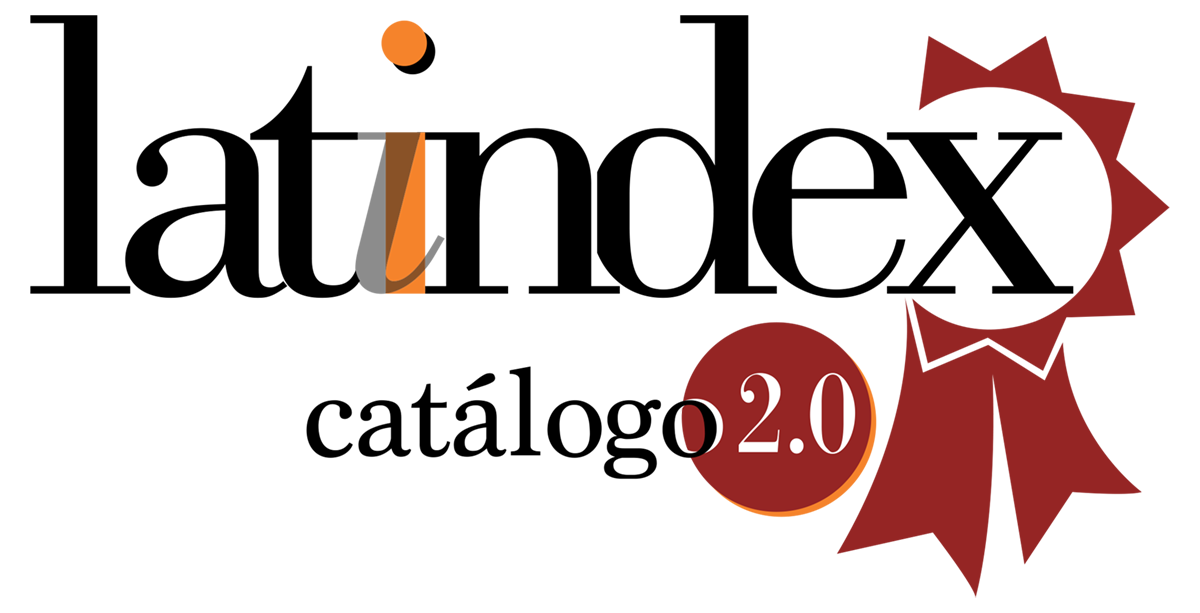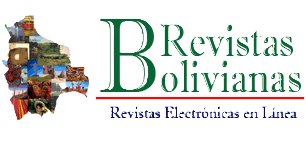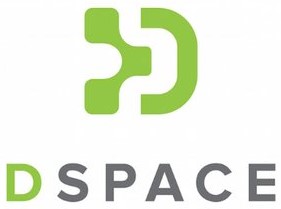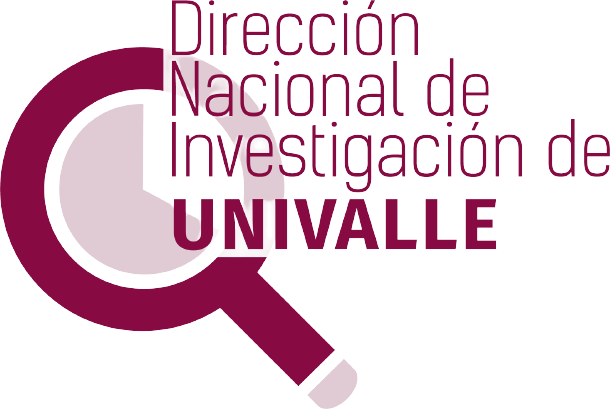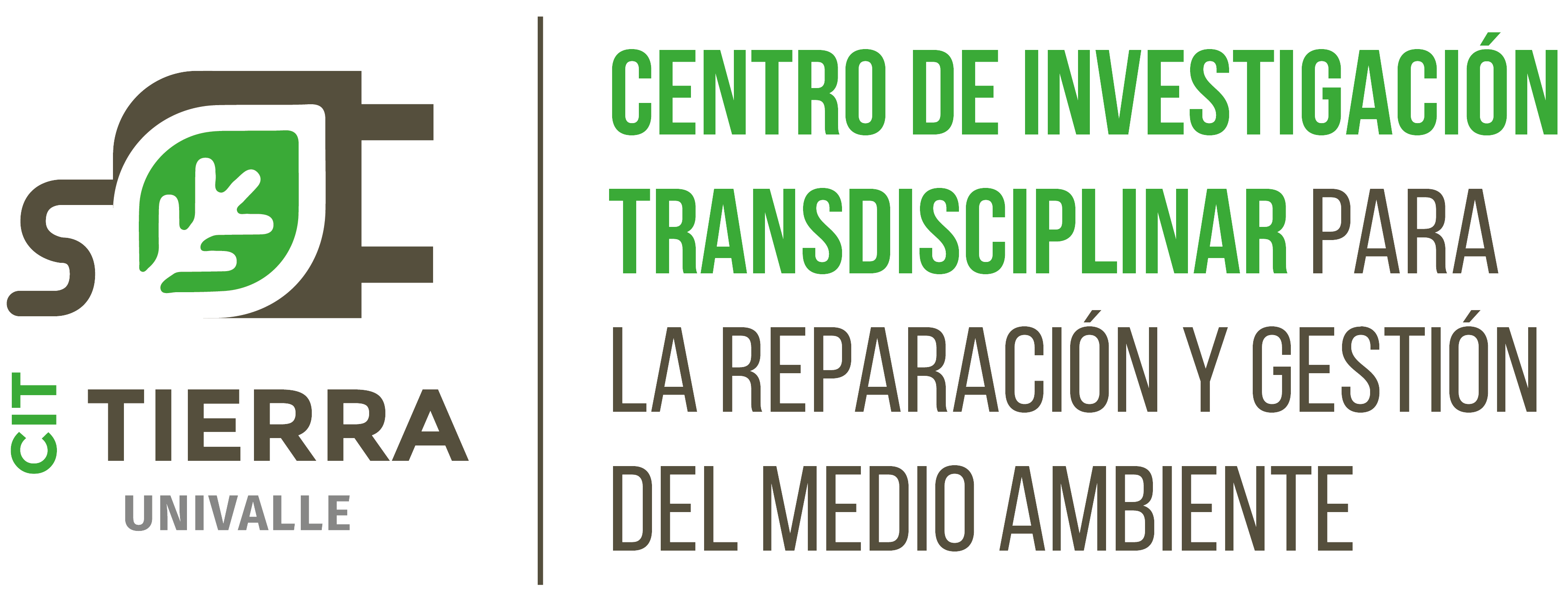Building capabilities through technological and scientific networks
DOI:
https://doi.org/10.52428/20758944.v20i56.1204Keywords:
Technological capabilities, Technological development, Scientific innovation , Learning technologies, Information and communication technologiesAbstract
In this digital context, with unrestricted access to social networks, platforms, and applications, where the user has control and autonomy in their daily uses. This scenario, not necessarily, implies that new technological skills and abilities have helped to improve individual capabilities and overcome the limits of scientific knowledge in our society. This assertion arises as a result of the research: “The academic impact of access to new information and communication technologies, digital ICTs, on the development of the skills of university students.” Research question: What are the academic impacts of access to new information and communication technologies (digital ICTs) on the development of university students' skills? The research method was mixed qualitative/quantitative, with inductive and deductive methods, non-probabilistic sample of typical subjects, experts and probabilistic sample. The results were: Access to digital media does not imply that true use of technological advances is generated. There would not be a generalized development of the educational capabilities of the students. Students do not perceive the importance of building technological networks. Conclusions: Prior to the incentive in the formation of technological and scientific networks, the teaching and student actors will have to be included for a correct learning of these new skills and abilities.
Downloads
References
Alemán Pedro Alfonso. El papel de la universidad en el proceso de formación para la economía solidaria. Revista Virtual Universidad Católica del Norte [en linea]. 2008, (24), 1-15[fecha de Consulta 28 de julio de 2024]. ISSN: 0124-5821. Disponible en: https://www.redalyc.org/articulo.oa?id=194220359003
Ausubel, D. (1983). Teoría del aprendizaje significativo. Fascículos de CEIF, 1(1-10), 1-10.
Chinques, Ernesto. Las instituciones de educación superior y su rol en la era digital. La transformación digital de la universidad: ¿transformadas o transformadoras? Recuperado de https://www.researchgate.net/publication/334024800
González Bello, Edgar Oswaldo. Habilidades digitales en jóvenes que ingresan a la universidad: realidades para innovar en la formación universitaria. Recuperado de https://www.redalyc.org/journal/4981/498159332029/html/
Guzmán Acuña, Josefina. Estudiantes universitarios: entre la brecha digital y el aprendizaje. Recuperado de https://www.redalyc.org/pdf/688/68811215002.pdf
Hernández Sampieri, R, & Mendoza, C. (2018). Metodología de la Investigación: las rutas cuantitativa, cualitativa y mixta. Editorial McGRAW-HILL INTERAMERICANA EDITORES, S.A. https://www.academia.edu/download/64591365/Metodolog%C3%ADvestigaci%C3%B3n.%20Rutas%20cuantitativa,%20cualitativa%20y%20mixta.pdf
Espinosa Cevallos, P. A. (2023). Desarrollo de competencias digitales en docentes y estudiantes: retos y oportunidades. Revista Ingenio Global, 2(2), 55-67. https://doi.org/10.62943/rig.v2n2.2023.66 DOI: https://doi.org/10.62943/rig.v2n2.2023.66
Pescador, B. (2014). ¿Hacia una sociedad del conocimiento? Revista Med, 22(2), 6-7. Recuperado de http://www.scielo.org.co/scielo.php?script=sci_arttext&pid=S0121-52562014000200001. https://doi.org/10.18359/rmed.1194 DOI: https://doi.org/10.18359/rmed.1194
Méndez, E., Figueredo, C., Goyo, A. y Chirinos, E. (2013). Cosmovisión de la gestión universitaria en la sociedad de la información. Negotium, 9(26), 70-85. Recuperado de http://www.redalyc.org/articulo.oa?id=78228464004.
Solano Carrillo, D. G. (2021). Reseña del libro Enseñar a nativos digitales de Marc Prensky (2015). Ciencias Sociales Y Educación, 10(20), 335-341. https://doi.org/10.22395/csye.v10n20a17 DOI: https://doi.org/10.22395/csye.v10n20a17
Mon, Francesc Esteve, Cervera Mercè Gisbert. Competencia digital en la educación superior: instrumentos de evaluación y nuevos entornos. Enl@ce: Revista Venezolana de Información, Tecnología y Conocimiento [en línea]. 2013, 10(3), 29-43[fecha de Consulta 29 de Julio de 2024]. ISSN: 1690-7515. Disponible en: https://www.redalyc.org/articulo.oa?id=82329477003
Pedró, F. (2023, agosto 11). El futuro de la educación superior: habilidades para el mundo del mañana. UNESCO-IESALC. https://www.iesalc.unesco.org/2023/08/11/el-futuro-de-la-educacion-superior-habilidades-para-el-mundo-del-manana/
Hernández Sampieri, R, & Mendoza, C. (2018). Metodología de la Investigación: las rutas cuantitativa, cualitativa y mixta. Editorial McGRAW-HILL INTERAMERICANA EDITORES, S.A. https://www.academia.edu/download/64591365/Metodolog%C3%ADvestigaci%C3%B3n.%20Rutas%20cuantitativa,%20cualitativa%20y%20mixta.pdf

Published
How to Cite
Issue
Section
License
Copyright (c) 2024 Yelka Aguilera Santos

This work is licensed under a Creative Commons Attribution 4.0 International License.
Authors who publish with this journal agree to the following terms:
- Authors retain copyright and grant the journal right of first publication with the work simultaneously licensed under a Creative Commons Attribution License 4.0 that allows others to share the work with an acknowledgement of the work's authorship and initial publication in this journal.
- Authors are able to enter into separate, additional contractual arrangements for the non-exclusive distribution of the journal's published version of the work (e.g., post it to an institutional repository or publish it in a book), with an acknowledgement of its initial publication in this journal.
- Authors are permitted and encouraged to post their work online (e.g., in institutional repositories or on their website) prior to and during the submission process, as it can lead to productive exchanges, as well as earlier and greater citation of published work.





